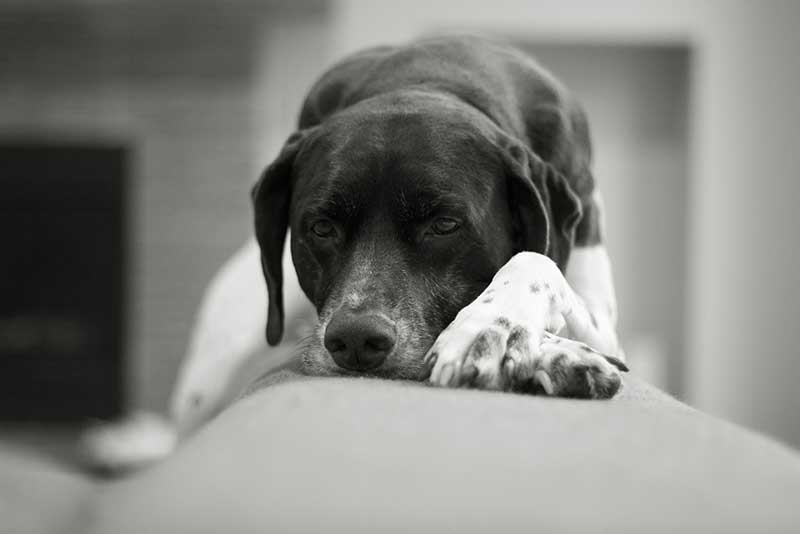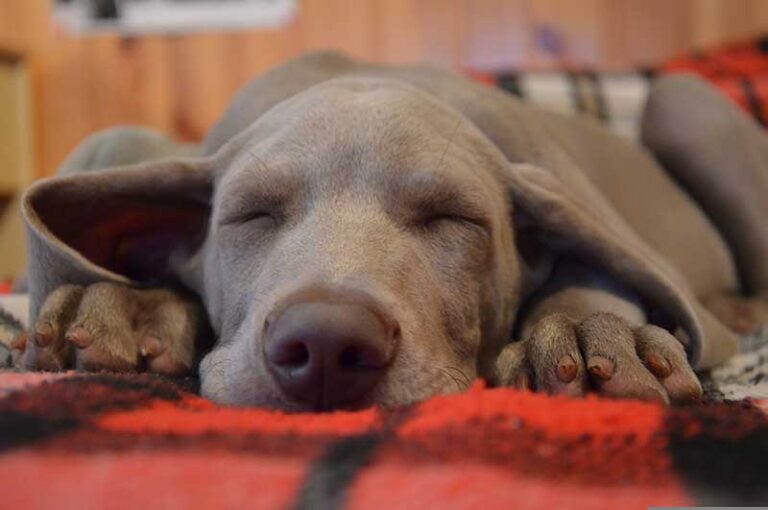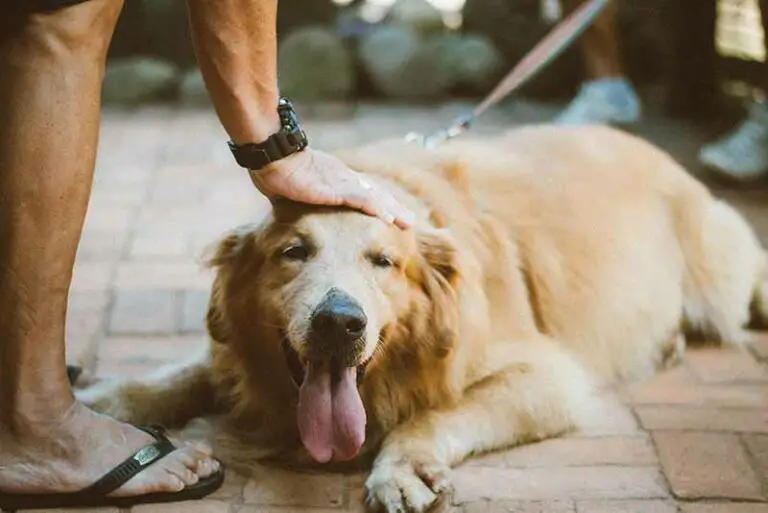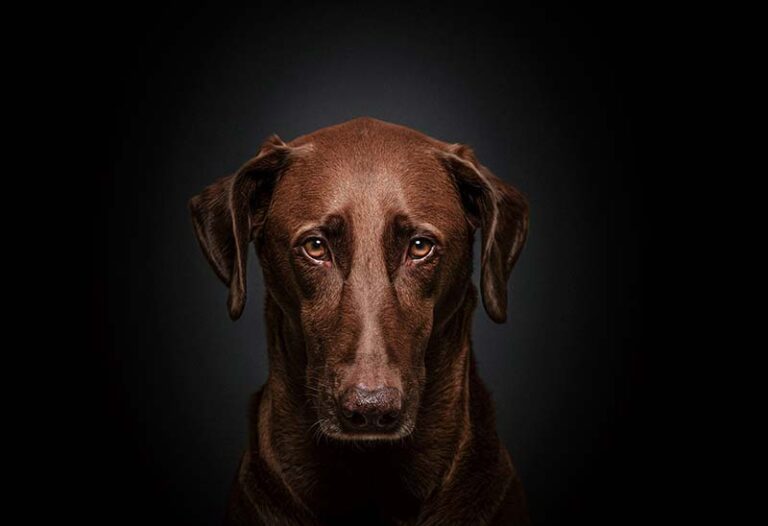Do Dogs Get Cold In AC? Should You Leave Air Conditioner On?
Changes in the seasons cannot be ignored without some changes in our daily lives. When the summertime is finally here, we start wearing more comfortable clothes. And most importantly, the air conditioner in our houses will start working day and night.
And we will keep adjusting the temperature on the air conditioner due to the sweltering sun. But are our dogs comfortable with the temperature inside the house? Let’s find out!
Do dogs get cold in AC? The simplest answer is yes, they do. The best temperature to maintain inside your house is around 72 to 75 degrees Fahrenheit or 22 to 24 Celsius. And once you start dropping it even below this limit, the puppies will feel cold and uncomfortable.
Related – Do Dogs Get Cold At Night? Yes; But, You Can Do This!
Do Dogs Get Cold In Ac? Can Dogs Get A Cold From An Air Conditioner?
The temperature recreated by the air-con may be artificial, but that doesn’t mean it doesn’t affect how our pets feel.
A few factors decide how a pet feels the cold related to their body features, so let me note them below real quick.
- The fur type of pet
You may tolerate the indoor temperature better if your puppy is covered head to toe in a long, thick layer of fur. Breeds like Samoyeds, Alaskan malamute, etc., are evolved to tolerate extreme conditions.
Therefore, if you have a puppy with thicker hair, you can turn up the air conditioner a little bit more. But don’t go overboard, though!
On the contrary, as you may have already guessed, short-haired dogs’ cold tolerance is low compared to the above breeds.
- Age of the pup
Newborn puppies and senior dogs have much lower cold tolerance. It is because the puppies have still not developed the ability to control their core temperature.
And the senior dogs are slowly losing their capacity to control their body temp.
Therefore, you will notice that younger, more energetic pooches have more in them to be happy with low-temperature levels.
- Size
The body size of the canine also plays a significant role in this. A small-bodied dog will lose its body temperature much faster than a giant dog. And due to this, small dogs will start to shiver at a much higher temperature than a larger breed.
Other than the above factors, a pet’s current health level must also be considered when trying to find out if dogs get cold in AC. As I’m sure you have already guessed, the weaker the dog is, the colder he feels.
These factors must be considered when you are trying to calculate the perfect temperature you can set in your air conditioner. Especially during the summer, since we will be using more AC and wondering, do dogs get cold in AC?
Should I Leave The Air Conditioner On For My Dog?
Despite what we discussed above, you will be surprised to know that you can leave the air conditioner on for your dog.
We, humans, can change our clothing styles as we deem appropriate for each season. But our doggo friends don’t have that option, and they cannot remove their fur coats whenever they please.
Because of this, they will be left to tolerate the high heat during the summer by themselves.
If you understand your pet’s temperature preferences, leaving the air conditioner on will not be a problem. But make sure you do not unnecessarily lower the temperature inside your house. If not, unknowing to you, the pet will silently shiver in a warm dark corner throughout the summer.
We recommend that you consider the factors we have mentioned before picking a perfect temperature. And if you can, try to maintain the temperature at one level. This way, your pet will get accustomed to that level and get comfortable.
Moreover, keeping an eye out for symptoms of a cold will also be necessary. If the pet is shivering, whimpering, or trying to stay out of the floor, you may have to raise the temperature. These signs often mean that your pup is uncomfortably cold.
Can Dogs Get Sick From Air Conditioning?
Generally speaking, air conditioners don’t pose much of a threat to a dog. To be honest, many air conditioners don’t allow you to lower the temperature below 16 degrees Celsius. This way, not even accidentally will you leave the temperature on at a lethal level for your pets.
If your pet is healthy and has a thicker coat to protect him from colds, he may enjoy being under the AC. During the summer, the heat can get to extremes where it is unbearable for you and the pet. So it is understandable.
But, if the pet is a senior dog with low health levels or a newborn puppy, you must reconsider taking down the temperature below 26 degrees Celsius. It is the recommended temperature for newborns since they cannot yet control their body temperature.
If this is the winter season, we recommend setting the air conditioner to somewhere between 20 and 22 degrees Celsius. Since it is winter, you may not need to drop the temperature below this.
And at this level, almost all dog breeds are reasonably comfortable. Suppose you drop the temperature more. In that case, the pet’s core temperature may start to lower. And this will result in hyperthermia in our pets.
We understand why you would want to install an air conditioner in your house when it is staggeringly hot outside.
And our dogs, surprisingly, will enjoy the cold air created by the AC as well. Unlike us, they don’t have the choice of wearing fewer layers of clothes but keeping on the fur coat throughout the year. So, they will enjoy this immensely when the air temperature is reasonable.
And if you set the AC right, you won’t be left wondering, do dogs get cold in AC? Stay tuned with Jack Russell Owner for more interesting posts about your favorite dog breed.








